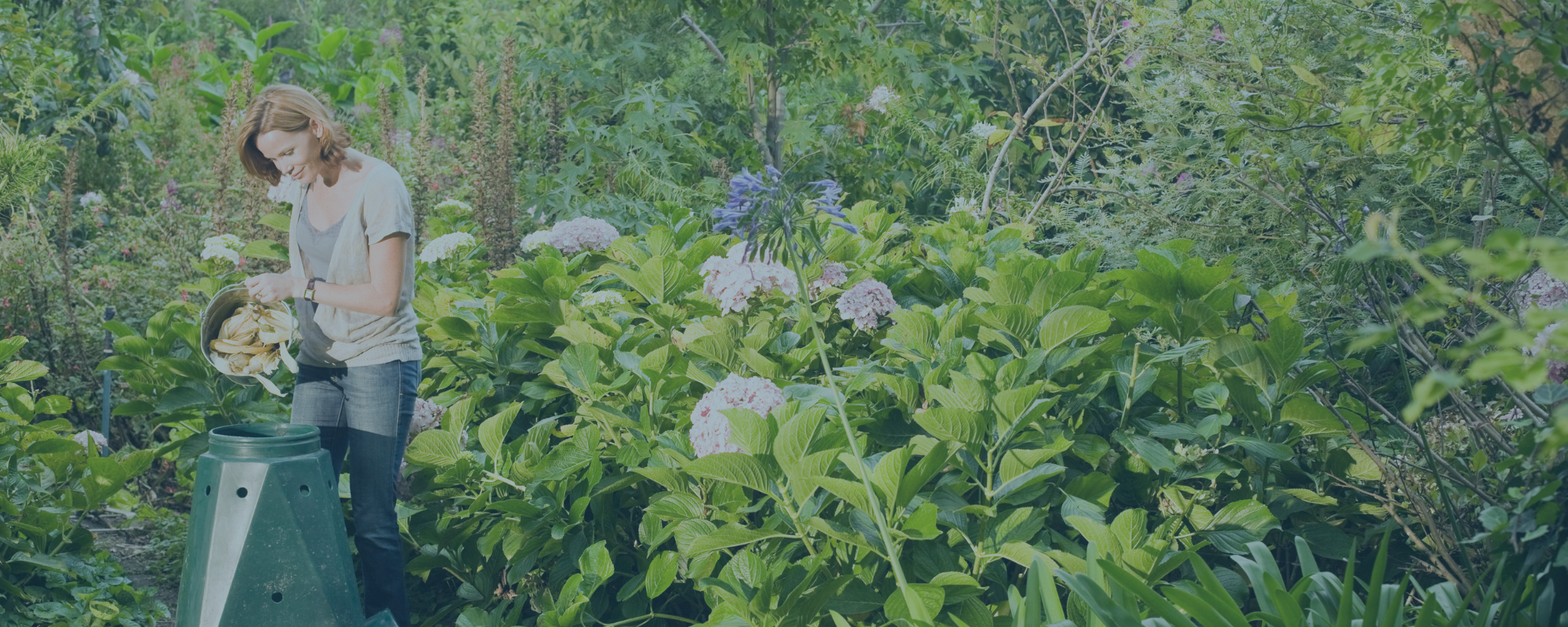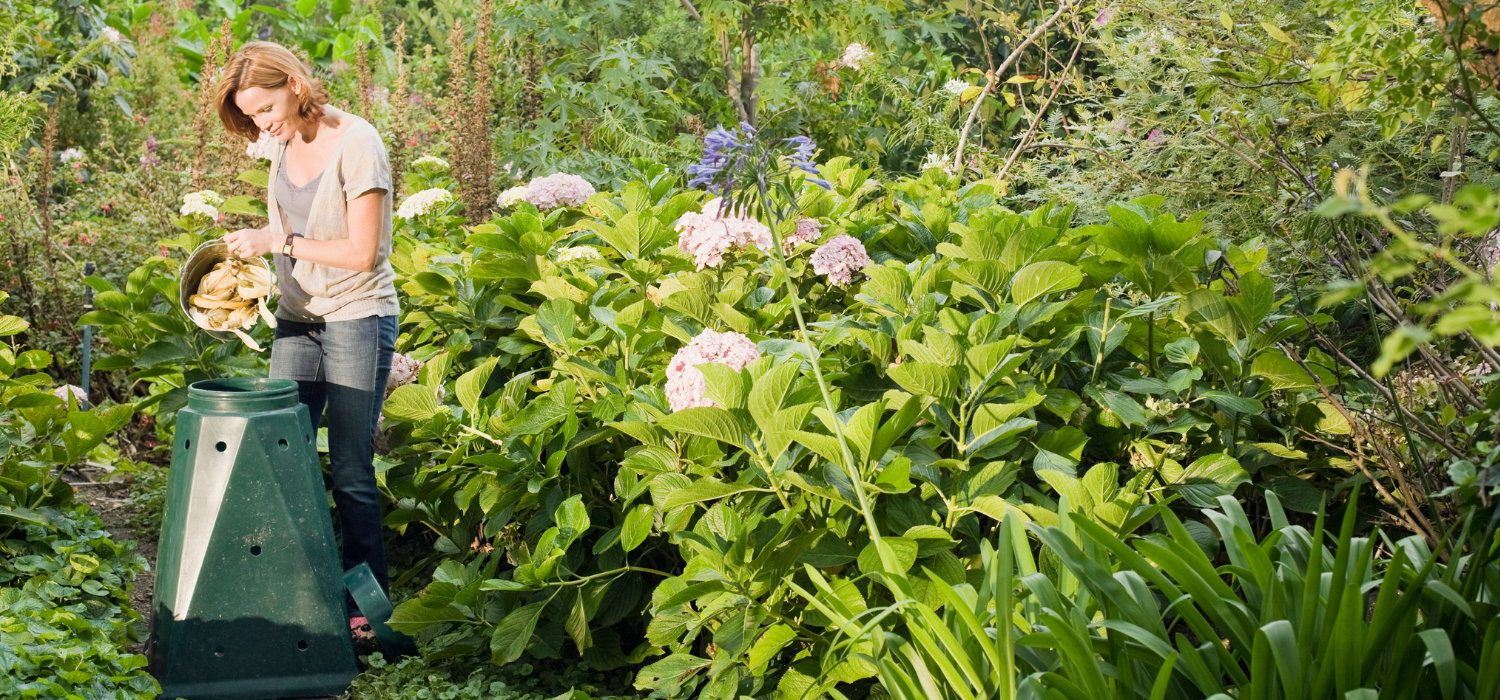Composting 101
Do you compost? If not, why not? Composting has many benefits and is a wonderful way to reduce your food waste, grow a thriving garden, and contribute to a healthier planet. You may think it’s dirty, complicated, or labor-intensive, but the practice of composting is actually very approachable. We gathered some of the most common composting questions to break it down. Apart of our #GreenerYearChallenge, we challenge you in the month of May to spring into composting and learn something new! Or even try and introduce it into your lifestyle. Let’s get to it!
What is composting?
The definition of compost is “a mixture of various decaying organic substances, as dead leaves or manure, used for fertilizing soil.” Composting is the practice of creating compost. Through the practice of composting organic material waste is broken down by microorganisms in the presence of oxygen to a point where it can be safely stored, handled, and applied to the environment. The end product is a natural fertilizer that you can use for gardening or farming.
What are the benefits of composting?
There are many environmental benefits to composting. First, it reduces the amount of organic waste in landfills, which emit methane, a potent greenhouse gas.By composting food scraps rather than throwing them in the trash, you reduce methane emissions.Plus, compost not only reduces emissions, it also captures harmful volatile organic compounds or VOCs from the air and aids in carbon sequestration. In addition to the environmental benefits, compost also creates a rich natural fertilizer that replaces harmful chemical fertilizers and contributes to healthier, fuller vegetable and flower gardens.
What is compostable?
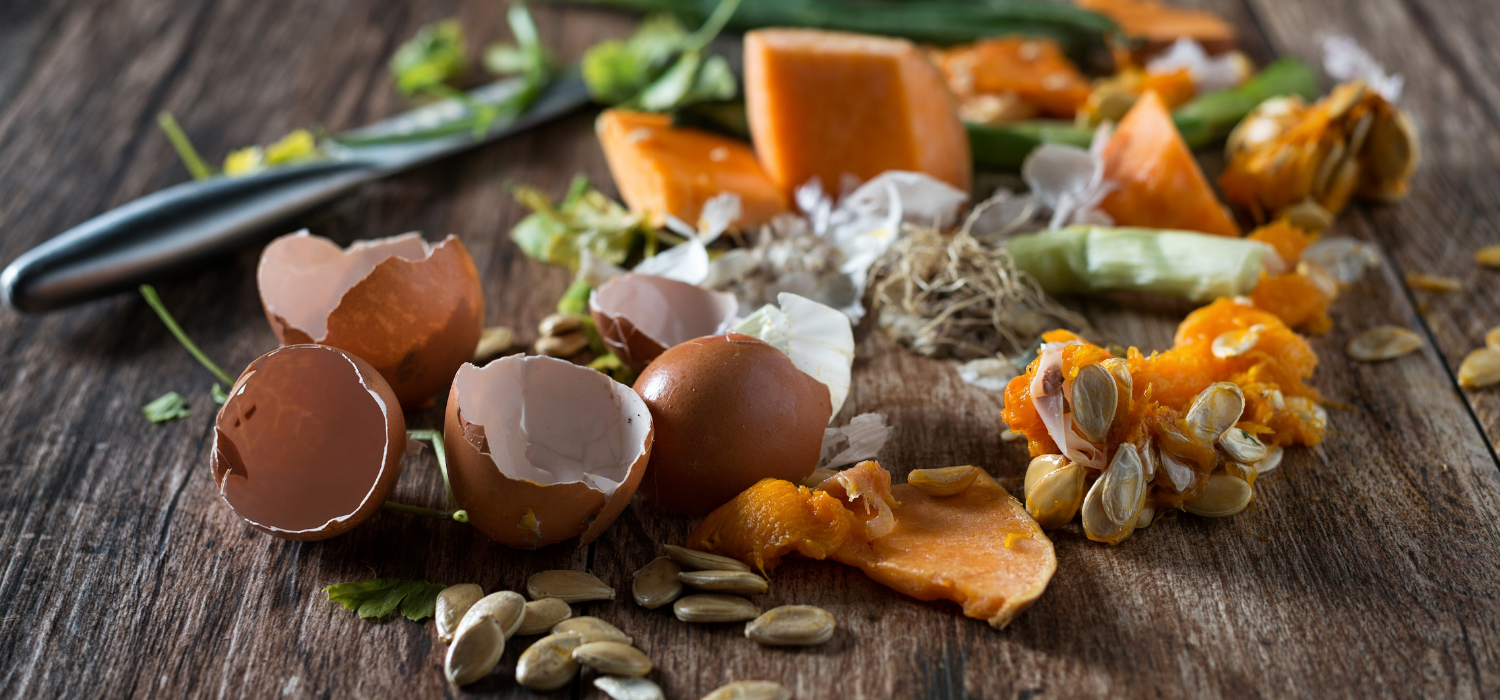
A good general rule of thumb: If it comes from the ground, it’s probably compostable. That includes veggie and fruit scraps and grains (like stale bread, cereal, pasta, etc.), coffee grounds and filters, herbs, spices, nuts, egg shells, leaves, and plant trimmings. Another good rule of thumb: Avoid composting animal products. Things like butter, meat, animal fat, and dairy products are not good things to compost.
How does composting work?
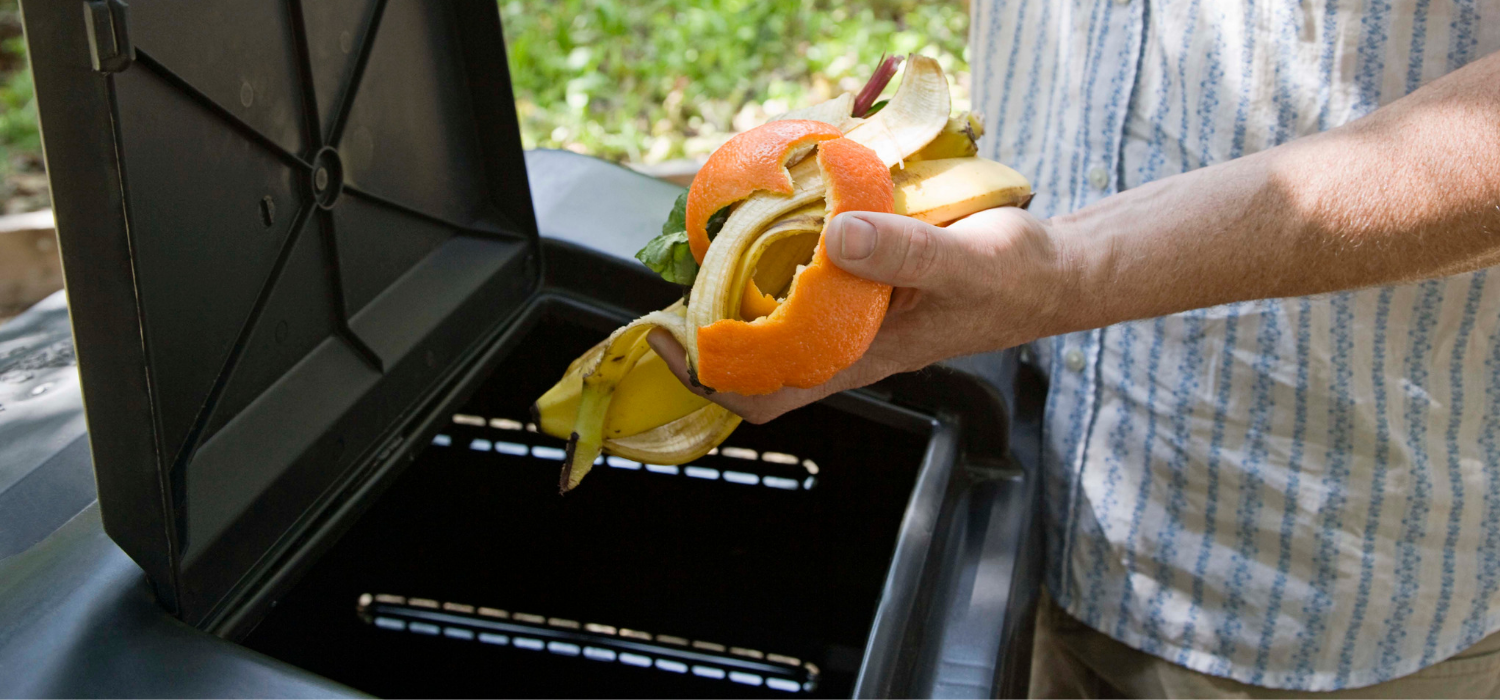
The composting process begins when you gather organic waste in a bin, ideally in a flat, well-drained, and sunny location where the pile can remain warm and moist. For optimal results, layer twigs (for drainage and aeration) with leaves and fruit and vegetable scraps and mix/turn your compost once a week to help break down the organic materials. A good rule of thumb is to layer browns (dried leaves, straw, shredded brown paper bags) with greens (garden waste, veggies, fruit, egg shells). On average, it takes about four to six months for full decomposition. You will know the compost is ready to use when it is dark brown, crumbly texture, and smells like soil.
How can I use compost?
Compost is an ideal replacement for chemical fertilizers, and you can use it in any case where you would use fertilizer. Sprinkle it on your lawn a few times a year. Mix it with vegetable garden and flower bed soil. Add it as a top dressing when transplanting trees or shrubs.
Where can I get compost?
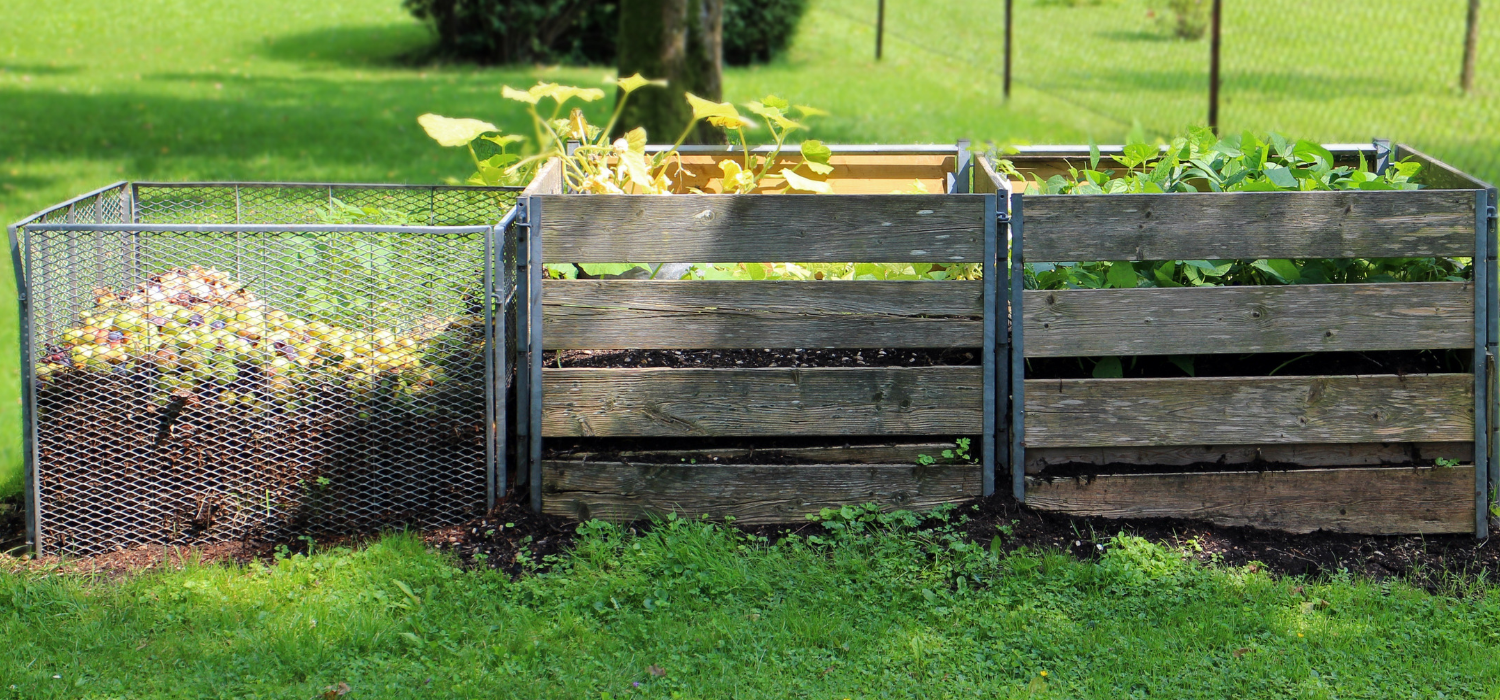
If you do not have a place to compost but want to support the practice and reap the benefits, you’re in luck. You can purchase compost at most garden centers, nurseries, and home improvement stores. Additionally, many farmers sell compost. Locally in Traverse City you can sign up to have your food scraps picked up and delivered back to you as compost through Carter’s Compost.
Many Take-Out Containers are compostable. Ask your favorite local establishment to provide eco-friendly to-go containers, if they aren’t already using them, they can order them locally, right in TC from BARC!
